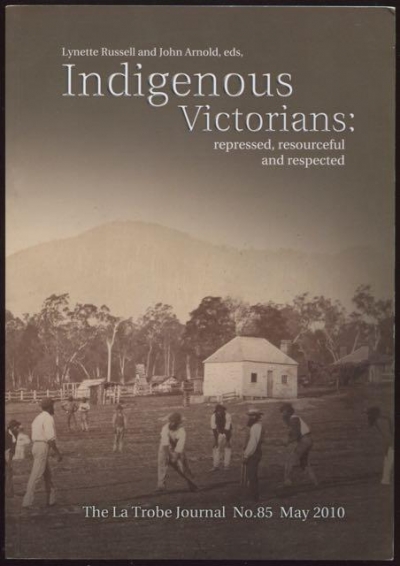Journals
Jay Daniel Thompson reviews 'La Trobe Journal, No. 87' edited by John Arnold
The most recent edition of La Trobe Journal is an exploration of Melbourne’s gay and lesbian past. Amusingly titled Queen City of the South, it investigates an aspect of this city’s history that has frequently been overlooked or ‘hidden’. In the Introduction, guest editor Graham Willett argues that the compilation will help bring to light ‘striking stories and deep insights’ about the ‘sexual subcultures’ of Melbourne. These ‘stories’ will enrich not only our understanding of the city’s history, but also the history of homosexuality in Australia. There are essays on gay male networks in Melbourne during the interwar years, the gay liberation movement of the 1960s and 1970s, the queer presence in our museums, and the (in)visibility of homosexuality in the Australian Communist Party.
... (read more)






